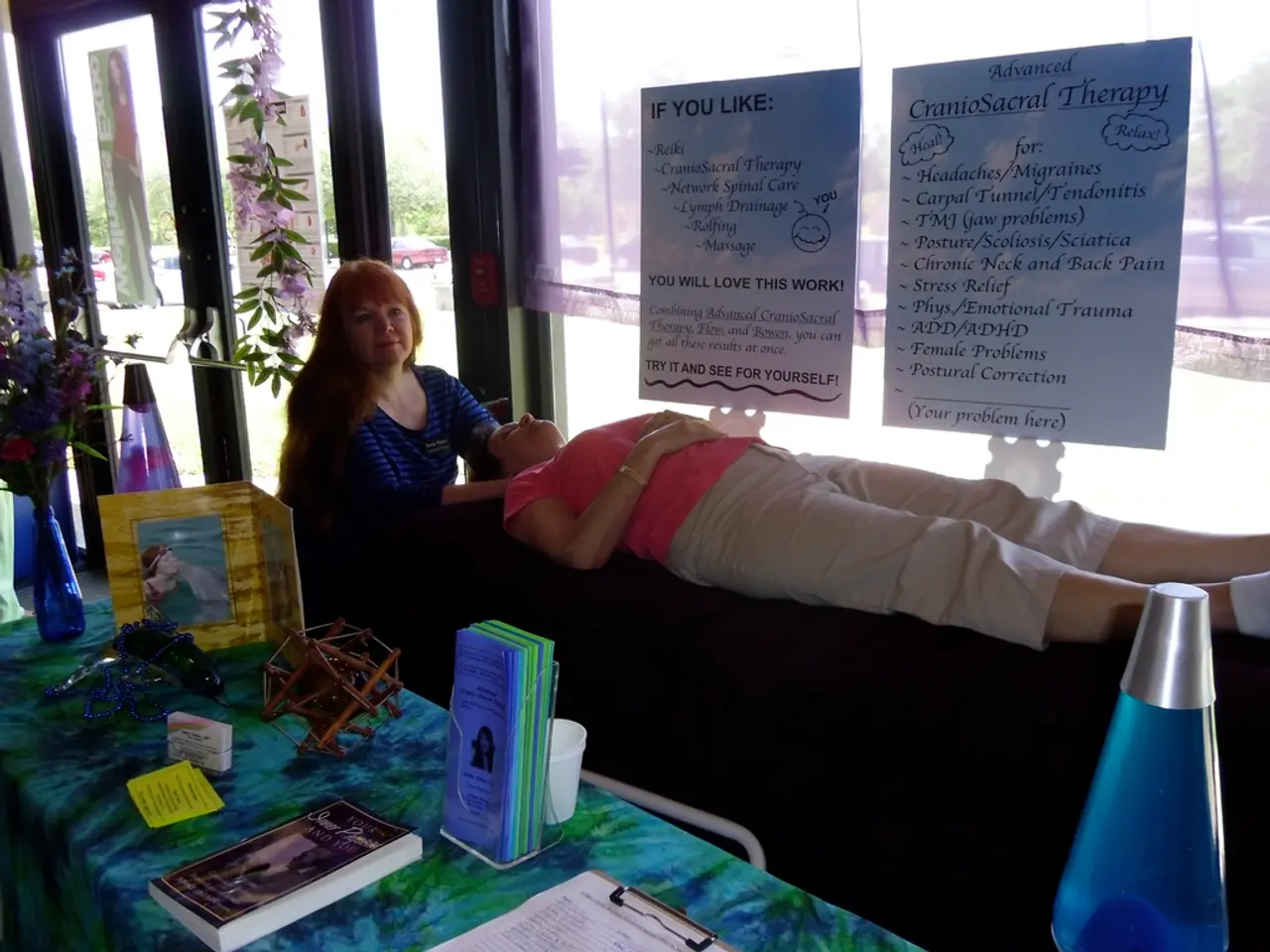Lawyer specializing in cases of nursing home negligence
Seeking Justice for Loved Ones in Nursing Homes: A Guide to Finding a Specialist
When it comes to nursing home neglect, seeking justice is not just a legal right, but a moral imperative. If you suspect your loved one has been mistreated in a nursing home, you may want to consider hiring a nursing home abuse lawyer. These attorneys specialize in elder abuse cases and have the knowledge necessary to navigate the complex laws and regulations related to elder care.
What Do Nursing Home Abuse Lawyers Do?
Nursing home abuse lawyers provide comprehensive legal support, including evaluating and investigating the case, negotiating settlements, advocating for compensation, and guiding families through the complex legal process. They handle cases involving neglect, physical abuse, wrongful death, medication errors, financial exploitation, and other types of mistreatment.
Finding a Nursing Home Neglect Lawyer
Finding the right lawyer is crucial for the best outcome. Here are some ways to find a nursing home neglect lawyer in your area:
- Search for law firms or attorneys specializing in elder abuse or nursing home abuse by location. For example, Madia Law LLC handles nursing home abuse in Minneapolis with no fees unless they win, while Disparti Law Group offers consultations in Chicago and helps families assess potential abuse. Leitner Warywoda PLLC is a leading firm for nursing home litigation in New York.
- Contact local bar associations or elder law organizations, which often provide referrals to specialized elder care or nursing home abuse attorneys.
- Look for lawyers who have specific experience and recognition in elder abuse litigation, such as awards, high settlements, or trial experience.
Choosing a lawyer with proven trial success, elder abuse litigation experience, and clear communication is essential. Many lawyers offer free initial consultations and work on contingency fees, meaning they only get paid if you recover compensation.
What to Expect
The first step when suspecting nursing home neglect is to identify the issue (physical abuse, emotional distress, or inadequate medical care). If you suspect neglect, gather any evidence, such as photographs of injuries or unsafe conditions, and relevant documentation, including medical records.
During the initial consultation, you'll discuss the details of the case with your chosen lawyer. They will conduct a thorough investigation, which may involve gathering additional evidence, consulting experts, and interviewing witnesses. If other residents or staff members witnessed the neglect, obtain their statements.
If the neglect involves inadequate medical care, a medical malpractice attorney might be necessary. In many cases, lawyers aim to negotiate a settlement with the nursing home or their insurance company. If a fair settlement cannot be reached, the case may proceed to litigation, where a judge or jury will determine the outcome.
If you provide your location, I can help identify nursing home neglect lawyers nearby based on available resources. The goal is to reach a resolution that compensates your loved one for the harm suffered due to neglect. For nursing home neglect, a personal injury lawyer with experience in elder abuse cases is often the right choice.
- In navigating nursing home neglect cases, it is crucial to understand that science plays a vital role in determining the evidence and medical aspects of the situation.
- Workplace-wellness is a concept that can extend to the nursing home environment, where maintaining a safe and healthy atmosphere for residents is paramount.
- Chronic diseases and medical conditions often affect nursing home residents, necessitating specific attention and care from healthcare professionals.
- Cancers can appear in the elderly population residing in nursing homes, requiring early detection, appropriate treatment, and follow-ups to ensure optimal health outcomes.
- Respiratory conditions like COPD or pneumonia can pose severe risks for nursing home residents, necessitating close medical monitoring and proper therapies and treatments.
- Digestive health issues, such as constipation or malnutrition, can easily arise in nursing homes, emphasizing the importance of balanced diets and fitness-and-exercise regimens for residents.
- Eye-health screening and care are essential in nursing homes, given the increased risks of age-related macular degeneration, cataracts, and glaucoma among elderly residents.
- Hearing loss or impairment is a common problem for elderly nursing home residents; screenings, hearing aids, and communication strategies are key to ensuring proper wellness.
- Health-and-wellness encompass many aspects, including mental health, men's health, sexual health, skin care, and aging well in a nursing home setting.
- Autoimmune disorders, neurological disorders, and various skin conditions may affect nursing home residents, necessitating specialized treatments and therapies to manage and control symptoms.
- Parenting extends beyond the home, as caregivers play a significant role in advocating for the health and well-being of their loved ones in nursing homes, maintaining focus on crucial aspects such as cardiovascular health, women's health, and overall quality of life.




